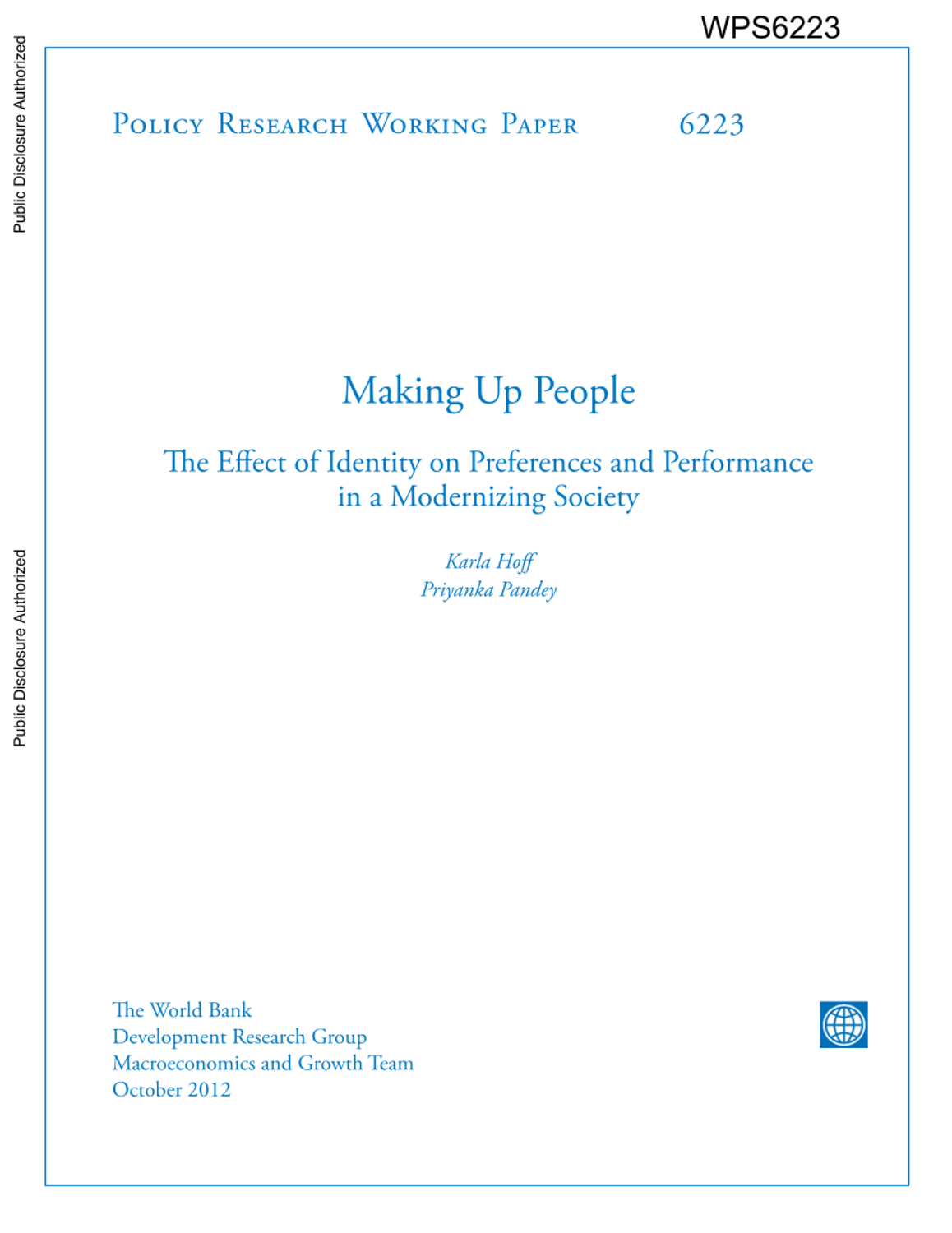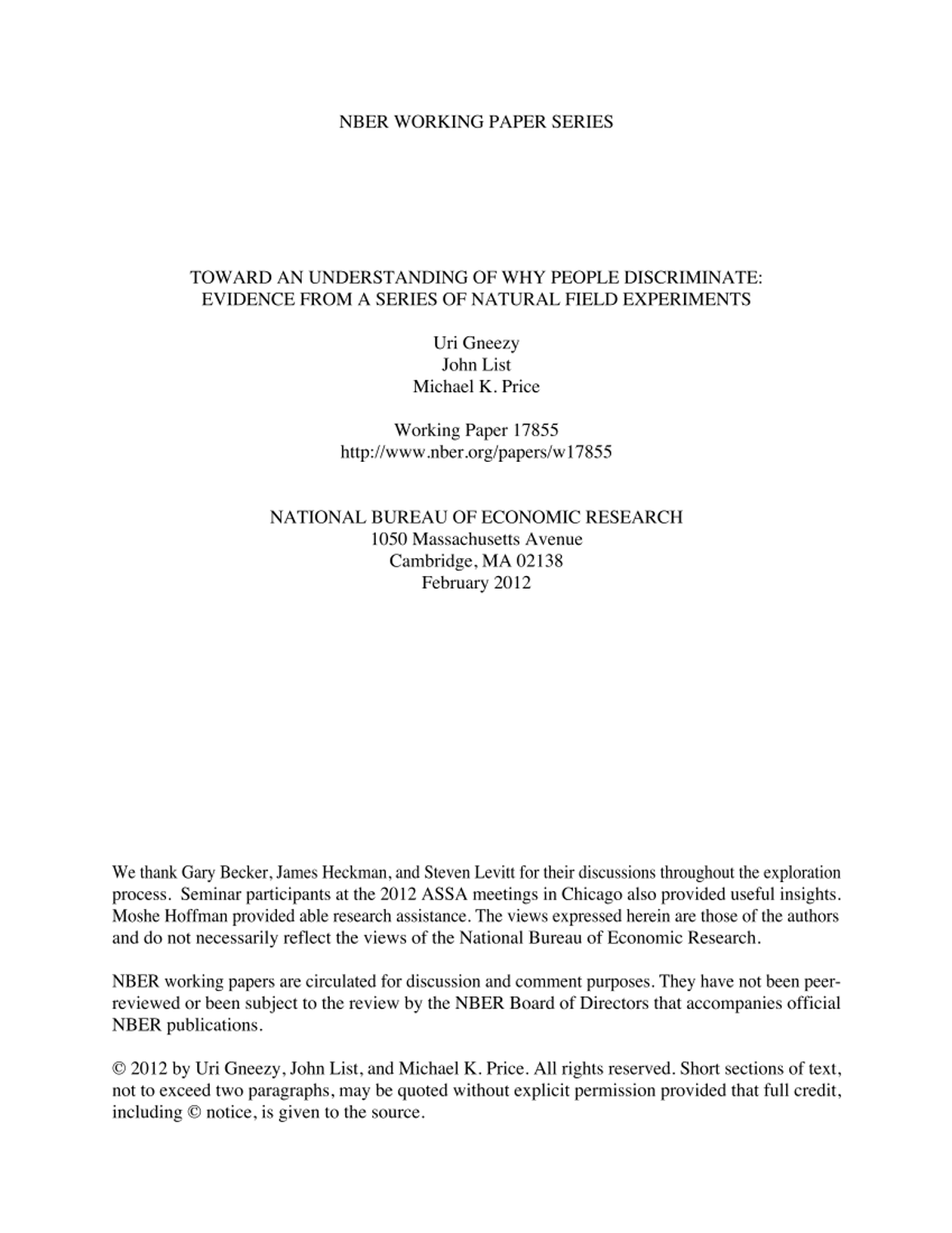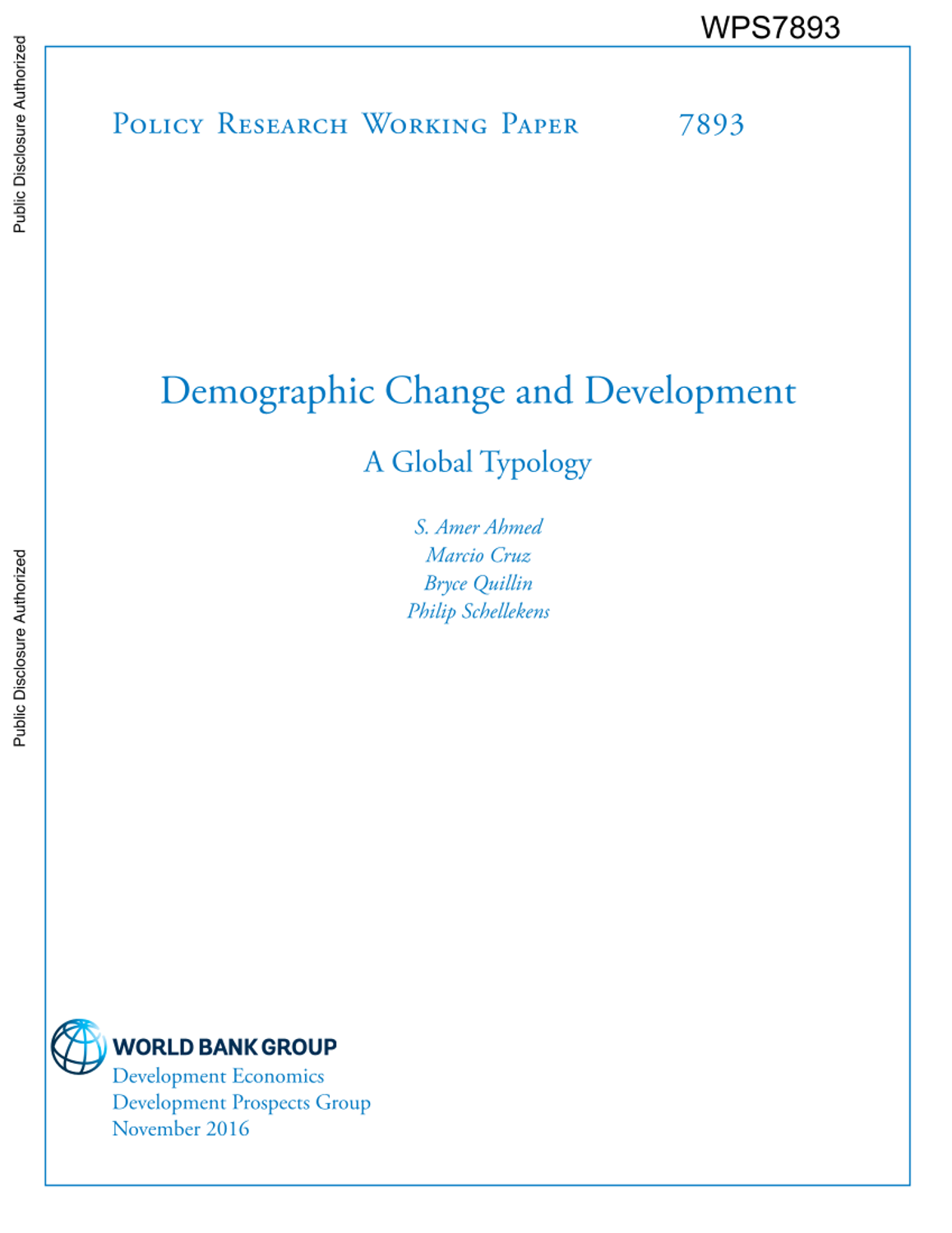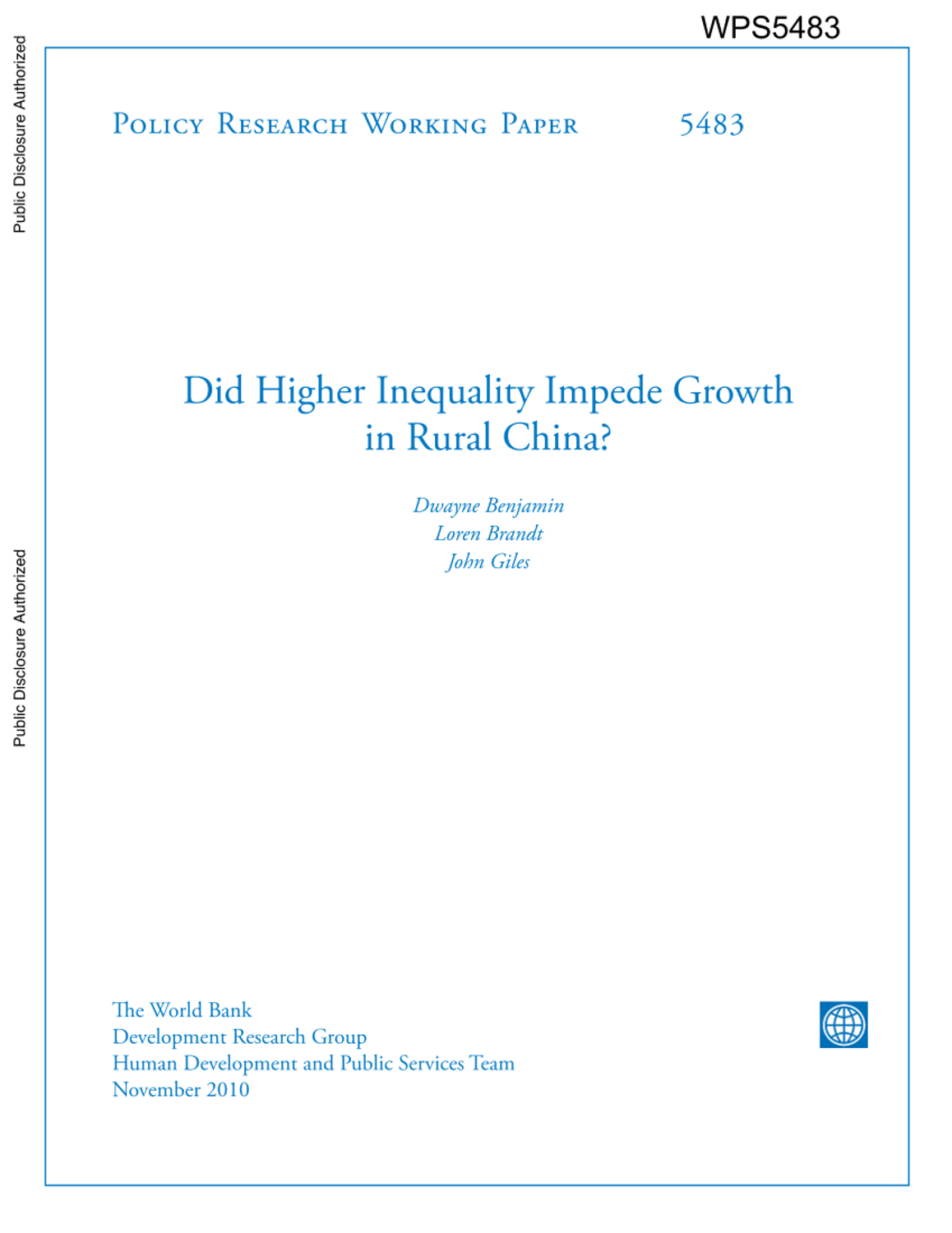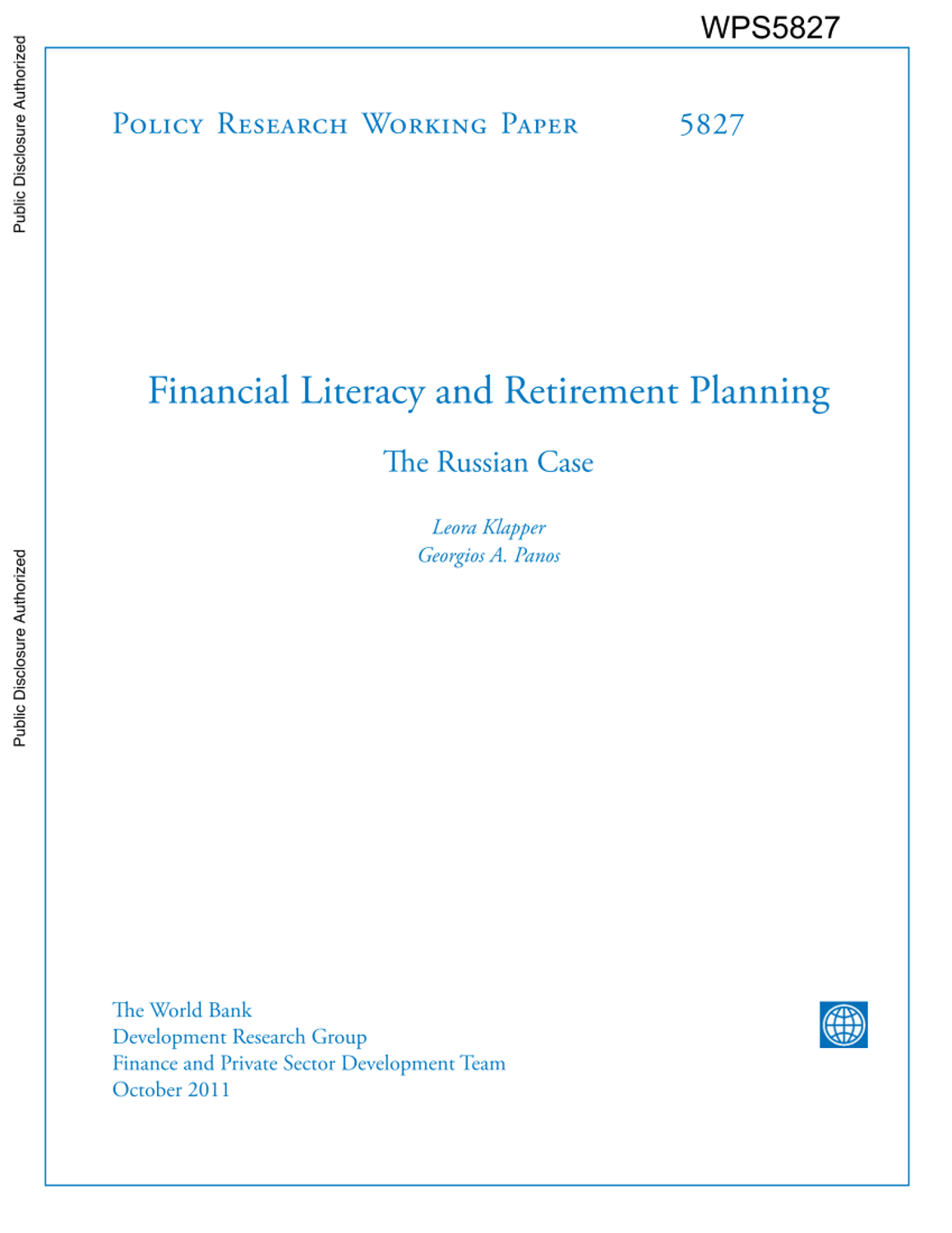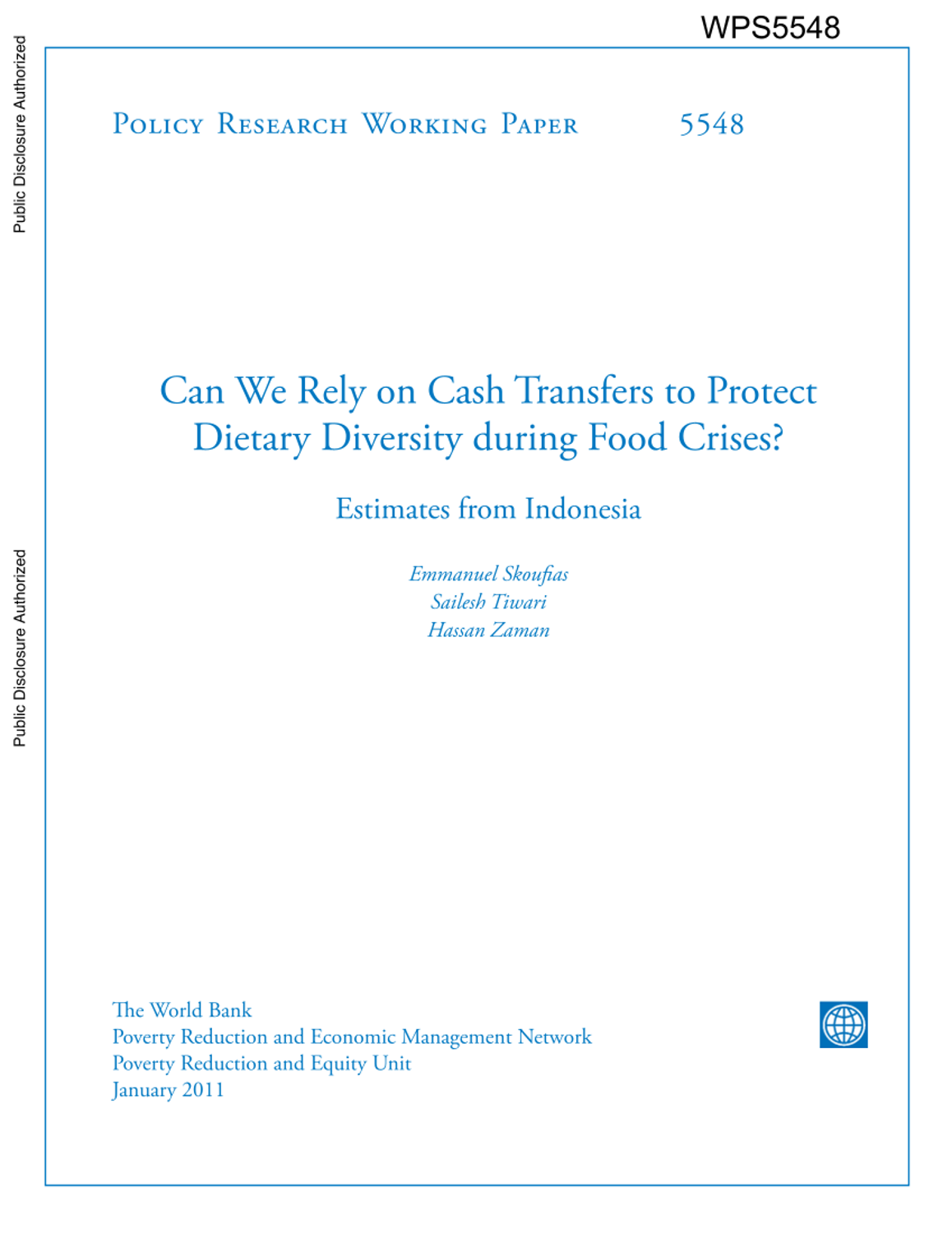연구보고서World Bank Policy Research Working Paper 6223
Making up people -- the effect of identity on preferences and performance in a modernizing society
- 청구기호
- WPS 6223
- 발행사항
- Washington,D.C : World Bank, 2012
- 형태사항
- 39 p. :. PDF file ;. 844 KB
- 바로가기
소장정보
| 위치 | 등록번호 | 청구기호 / 출력 | 상태 | 반납예정일 |
|---|---|---|---|---|
이용 가능 (1) | ||||
| E0001246 | 대출가능 | - | ||
이용 가능 (1)
- 등록번호
- E0001246
- 상태/반납예정일
- 대출가능
- -
- 위치/청구기호(출력)
책 소개
It is typically assumed that being hard-working or clever is a trait of the person, in the sense that it is always there, in a fixed manner. However, in an experiment with almost 600 boys in India, cues to one''s place in the traditional caste order turn out to influence the expression of these traits. The experiment assigned students to different treatments with respect to the salience of caste and had them solve mazes under incentives. It turned out that making caste salient can reduce output by about 25 percent, which is equivalent to twice the effect on output of being one year younger. The channels through which this occurs differ by caste status. For the upper castes, the decline in performance under piece rates can only be explained by a shift in preferences regarding the provision of effort. When the ascriptive caste order is cued, upper-caste individuals may think, "I don''t need to excel." In contrast, for the lower castes, which were traditionally "untouchables," publicly revealing caste identity impairs the ability to learn and may lead individuals to think, "I can''t (or don''t dare to) excel." This paper provides a measure of the impact that ascriptive, hierarchized identities can have on preferences and performance after a society -- in its public pronouncements and legislation -- has adopted norms of equality in a formal sense. The findings are important because they suggest that when contexts cue identities founded on the superseded rules of a hierarchical institution, the effects on human capital formation and development can be first-order. Contexts that make traditional identities salient are an underemphasized source of impediments to institutional change.

